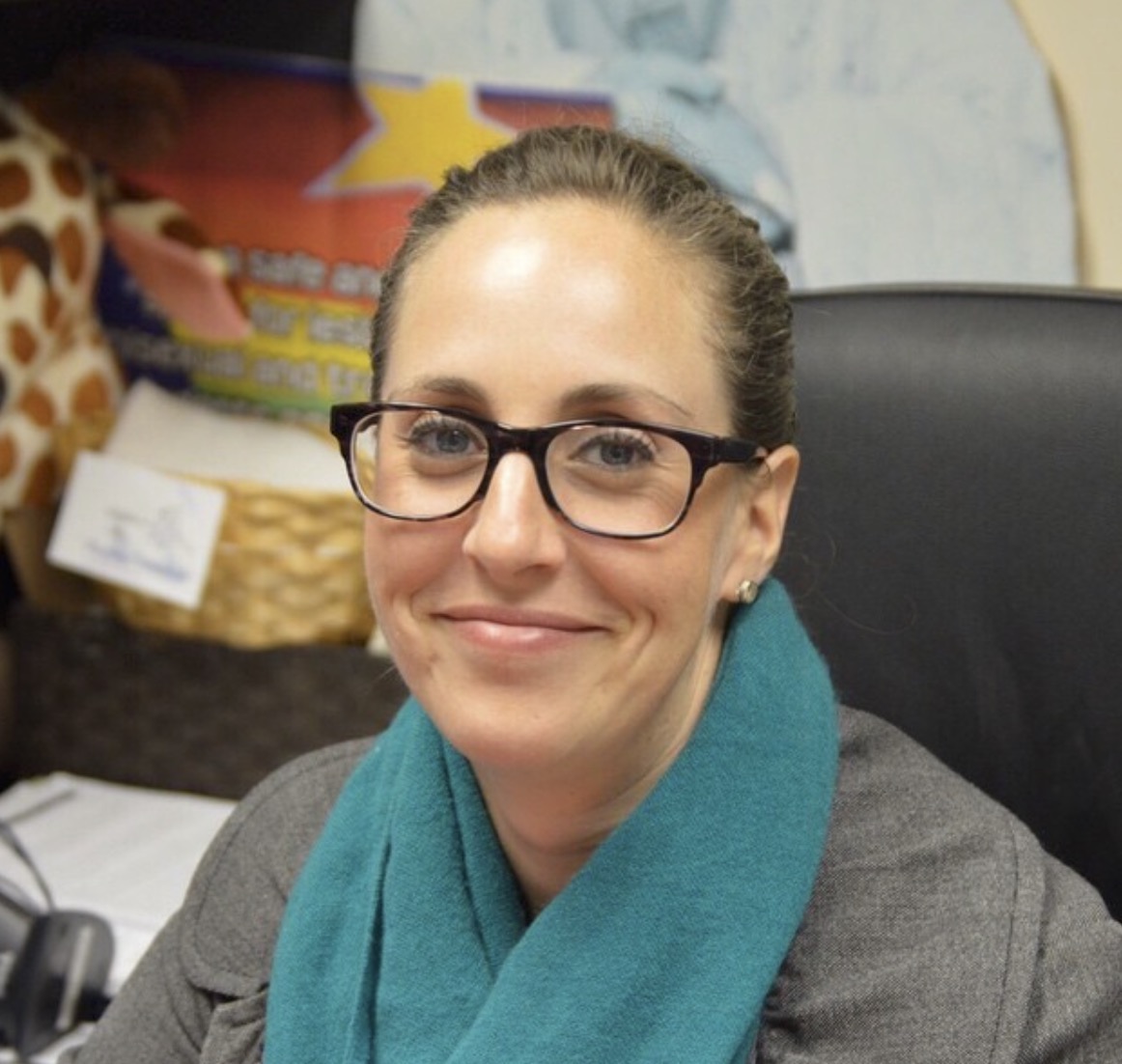By Dana Ponsky, owner of Dana Ponsky Consulting Services LLC
I really enjoyed my college experience and loved being a student. In graduate school, I studied the work and theories of great educators who were experts in spirituality in higher education, enrollment management, adult learners, campus environments, and more. It was early on as a future higher education administrator, that I gravitated towards understanding the first-year experience of traditional-aged college students and in particular, factors that influenced their retention and persistence towards graduation.
For more than 6 years, I developed programs to positively impact the retention of students from year to year. It was this role that often made me question – Why do students choose the college they ultimately attend? Who helps them when they are in high school with this very important decision? What could students do in high school that could positively impact their retention and persistence in college? These questions eventually led me to leave higher education and embark on the journey as a college counselor!
We often hear about the term “fit”. Many college counselors, including me, will say, we help students “find the right fit” when choosing colleges to apply to and ultimately attend. Fit can be determined in many ways: Location, size, academic major, sports teams, cultural programming, diversity, and more. When building a college list, what if we thought about retention and persistence as an important component to deciding where to apply? More so, how does a college think about these two factors when marketing to a prospective student?
Vincent Tinto, Distinguished Professor Emeritus at Syracuse University, is a preeminent scholar on the study of college student success and he wrote extensively about the first-year college experience and retention. As a student and young professional, I read Tinto’s work regularly to guide my practices. Today, I find his suggestions in the essay, “Taking Student Retention Seriously: Rethinking the First Year of College” (Tinto, 1999) to be particular useful when helping students identify factors that are important to not just choosing a college to apply to, but where to attend and hopefully graduate from in the future.
Tinto suggests there are five conditions that stand out as supporting retention of students: Expectations, Support, Feedback, Involvement, and Learning. Here are some ways to think about each condition and how it can help you determine if a college is going to be the right fit and worth making it on your college list.
- Expectations: When researching colleges, find ones that are clear about setting high expectations for their students. Most colleges want a lot from their students as community members and should be providing clear and consistent messaging to its students about how they can do this. One suggestion is to look towards the academic advising provided to students. It is here that students can understand most clearly from the start what is expected of them in the academic setting, as participants in their learning, and when and how they should be meeting specific goals. Ask questions about how academic advising works throughout the college experience and this will help identify what style of advising might best meet your needs.
- Support Academically and Socially: The transition from high school to college can be a bumpy road for many students. Some students are well prepared academically, but might struggle with the lack of structure that comes with a college schedule. Others may connect socially to their new environment, but lacking certain skills and knowledge to be confident in the classroom. Therefore, when learning about a college, identify and learn more about the transitional and support programs that are in place to help you over and through those bumpy roads. Identifying academic supports such as tutoring services, writing labs, math centers, and study groups along with social supports from counseling centers, mentoring programs, cultural/religious/racial/ethnic/identity spaces are all helpful ways to connect with others. They can also create dedicated spaces for you to develop as a stronger student and person right from the start.
- Feedback from Faculty, Staff, and Students: High schools and colleges around the country are using various teaching and assessment models to help provide feedback to their students. When looking at a college, ask questions about how you might be assessed and how often there will be interactions with faculty, staff, and students to know how well you are doing in your learning. It is best to identify what kind of learner you are, or want to be, and find what types of assessments would be most appealing – Are you interested in using standard assessments (tests, quizzes, essays) as feedback? Do you prefer project-based learning? Would narrative evaluations keep you motivated versus just earning a grade? Knowing the types of feedback that a college promotes can help push you along your journey and meet your short and long-term goals.
- Involvement Academically and Socially: What happens outside the classroom setting is as important as what happens inside of it. As you learn about colleges, find out what opportunities there are to connect especially in the first year to such opportunities as research, academic organizations, clubs, sports, theater, and more. To be involved academically and socially will not just connect you to opportunities, but most importantly to people and to the culture of the institution. When we feel connected, we are more likely to remain committed and stay.
- Learning: When learning about a college, focus on the things you want to learn more about. Are there multiple degree programs that pique your interest? Are there concepts or ideas presented during information sessions or on the website that you know little about now, but are excited you could learn more if you attended? Learning is a central tenet to the college experience and can be fundamental to persisting to graduation. The more students learn, the more they begin to value, the more they can see their place in the learning community, and the more likely they are to be committed to that community long term.
When making the final decision if a school should make your final college list, think about this idea: The most successful students find opportunities to engage in the college community rather than be a spectator in the college experience. To be engaged will likely lead to a greater sense of self and community. It will provide the foundation for a strong connection to an institution that is eager to support the kind of student and professional you want to be, while ensuring you persist to graduation and eventually become active and proud alumna/us/i.
About the Author: Dana Ponsky is the owner and director of college counseling at Dana Ponsky Consulting Services LLC. She works with high school and college students and their families to navigate the college admissions process with a lot of success and a lot less stress. To learn more about Dana and her services, please visit www.consultwithdana.com







